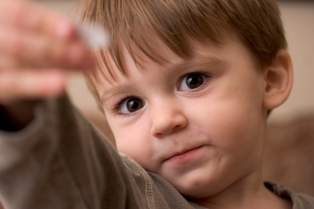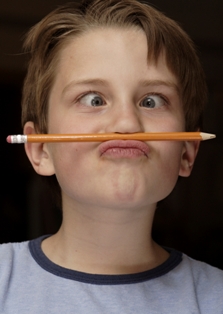
Advantages of our full-day kindergarten program for your child:
- Individualized attention and instruction with a maximum
of 8 children per teacher
- Your child can work and learn at their pace with specialized instruction
- Special learning needs can easily be detected due to the individual attention
- Most public schools have 20 or more children per teacher, while our class size is small.
- The full day, 8:30 am - 3 pm timeframe allows for more instruction
at an unhurried pace
- Creates an enjoyable and less frustrating learning environment
- We work with and encourage children who learn at a slower pace
- We develop more challenging activities for fast learners
- Most public schools are half day 2.5 hr. programs
- We can cover more areas of curriculum in more detail including reading, writing, art, math, science, language arts, music, social studies and physical exercise
- Our program includes before and after school care for your
child
- You will not have to worry about finding child care when the public schools are closed
The program focuses on the following mental and developmental skills; for example:

- Letters: what they are, their sounds, segmenting sounds in words (beginning, middle and end), words that begin with each letter and how to write them
- Numbers: writing them, counting by 2, 5, 10, counting to 100
- Reading and Writing: learn sight words, read stories, write sentences that incorporate words learned, group words into families, play games that enhance their understanding of words learned, learn rhyming and punctuation
- Math: learn how to sort, put objects and numbers in order and sequence, tally objects, create graphs and interpret information from them, fractions, addition, subtraction, value of money, telling time, measurement terms by size, weight and length
- Socialization: learn what it means to be a good citizen and friend and to always try their best
Examples of what our kindergarten students also learn about:
| Feelings | Manners | Safety inside and outside |
| Seasons and holidays | Nutrition and food pyramid | Fire safety |
| Five senses | What it means to vote | Presidents of the United States |
| Dental health | Clothing | Animals of all kinds |
| Maps | Taking care of the environment | Growing plants and trees |
| Transportation | Weather and the solar system | Days of the week |
| Months of the year | Life cycle of butterflies and insects |
Examples of What Kindergarteners Do...
Show and Tell - developing language skills by helping children speak in complete sentences and answering questions, building social skills by waiting their turn and raising their hand to ask other children questions about their item.
Coloring, Painting, Writing, Cutting, Gluing - developing creative skills using multiple mediums to create a piece of art, continuing to build fine motor skills through more challenging projects, learning colors by mixing paints, following detailed instructions from teachers about how to do specific projects develops listening skills, learning letters and numbers through related art projects; for example, cutting out pictures of objects that start with the letter K, etc.
Simon Says or Follow the leader - developing gross motor skills through jumping, hopping on one or both feet, galloping, skipping, developing listening skills, developing social, emotional and language skills, being the leader giving instruction, playing well with others.
Circle Time - building practical skills: children are asked to say their full name, age, address, point out colors on other children, say other children's names, date of the month, day of the week, what date is tomorrow, what day of the week is tomorrow, letters and their sounds. Also children are asked to talk about the seasons, time, holidays and weather. These exercises also build language skills as the children are helped and encouraged to answer questions in complete sentences. Through these discussions they also practice good social skills listening to others, raising their hand to speak, being respectful of the person speaking etc.
Activities surrounding sorting, patterns, puzzles, money measurements, quantities and counting - developing math, problem solving, fine motor and creative thinking skills.
Story Time - children are read to then asked to answer questions or discuss the story. This develops listening, comprehension and language skills. Children may also be asked to read to the group with the help of the teacher beginning to sound out words.